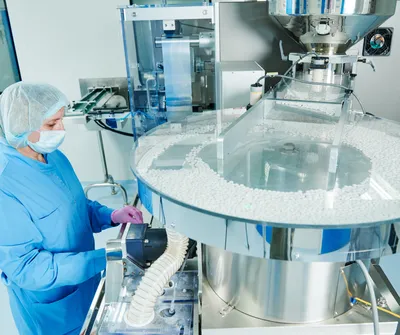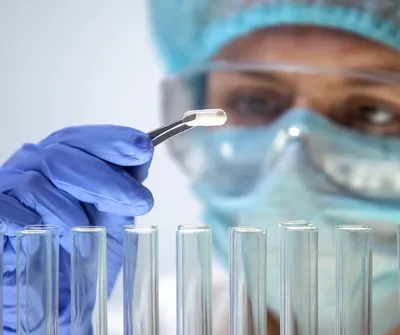Sustainability in Biopharma
What are the key sustainability challenges the biopharma sector currently faces, particularly in manufacturing and development?
An industry report from 2022 stated that “The Global Pharmaceutical industry still has some way to go before it will shake its reputation for having a much higher, by more than 50%, GHG emissions intensity (CO2 per $ Revenue) than the automotive sector and as a sector we are contributing to almost 5% of the world’s global GHG emissions”. What are the reasons for this poor response? The same industry report stated that it was due to Lack of Sustainability Investment (38%), Lack of Strategy for effective sustainability impact (28%), Lack of Management Buy-in (18%) and Lack of effective sustainability targets (16%).
Has the sector woken up to this reality? In my opinion, it has not and is still lagging other sectors in driving change. Other sectors call us “Fat Pharma” meaning that our profit margins are so large that there is no real burning platform for companies to make the necessary change at the pace required. Our processes are still not designed or optimised with a green sustainability lens, so we are still using too many hazardous solvents, have too many process steps, challenges with single-use consumables, have too much waste, too much packaging and limited digital solutions to our operation.
I believe that we can do more. We have a huge opportunity to reverse these issues above and make a significant positive impact on our sector and planet. We have an incredible purpose, as a sector that creates medicines that will save patients' lives… we have the opportunity to develop green & sustainable processes to become the most sustainable sector globally.
Leveraging Biopharma’s Capabilities
Could you share examples where innovative tools or strategies have helped accelerate sustainable practices within your company or the sector?
The Biopharma sector has been particularly slow in implementing innovative tools, most noticeably digital or automated solutions. We have all heard talk of how PAT would significantly improve our processes. That was 20 years ago and we are still discussing it. We have heard talk of lights-out facilities, yet in reality, it is still a concept.







